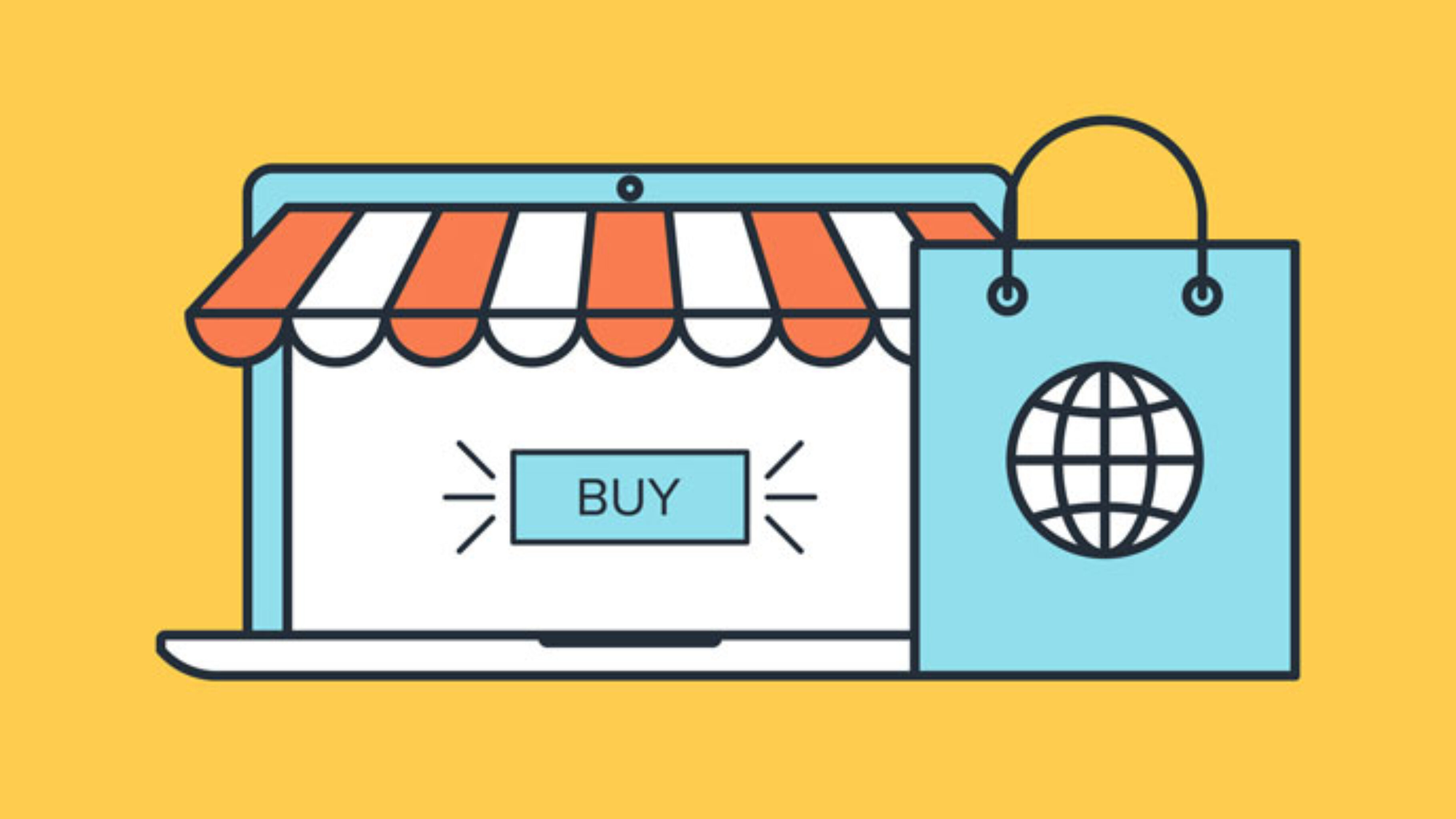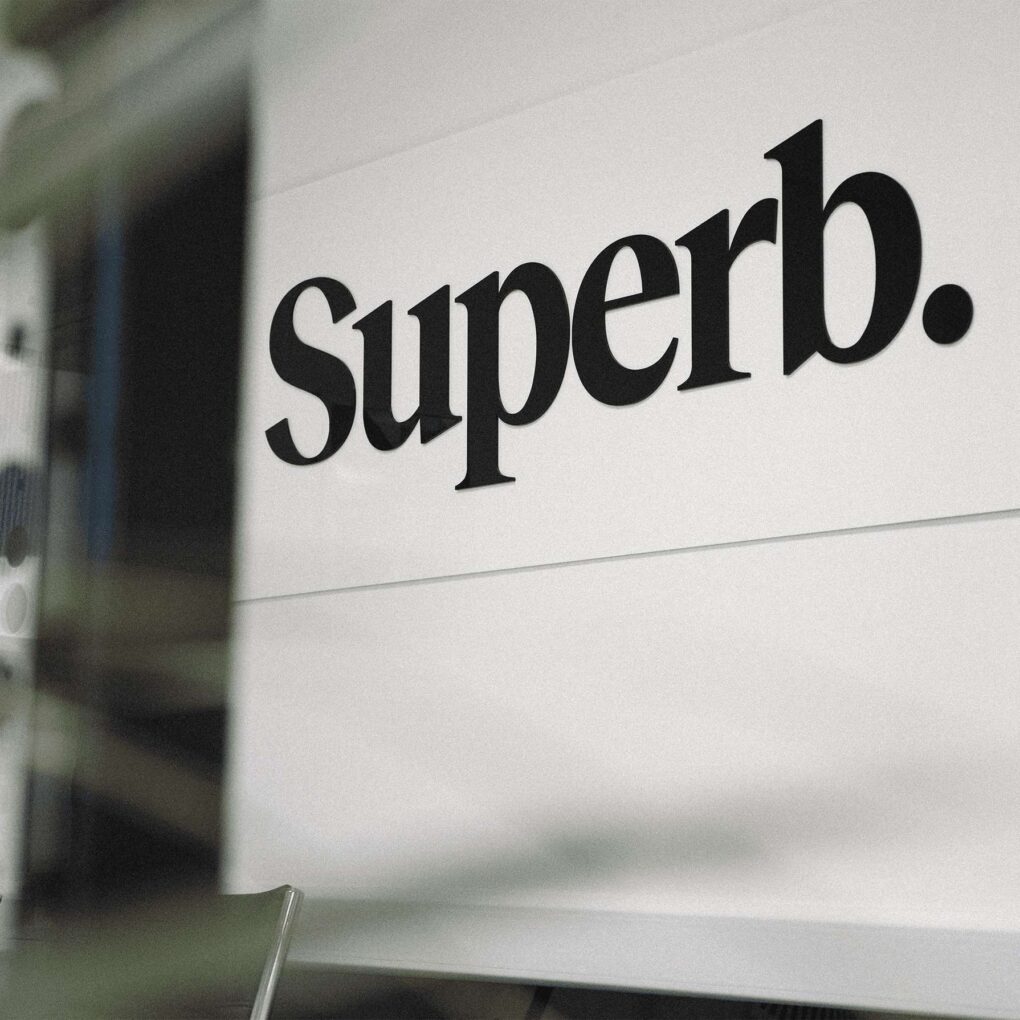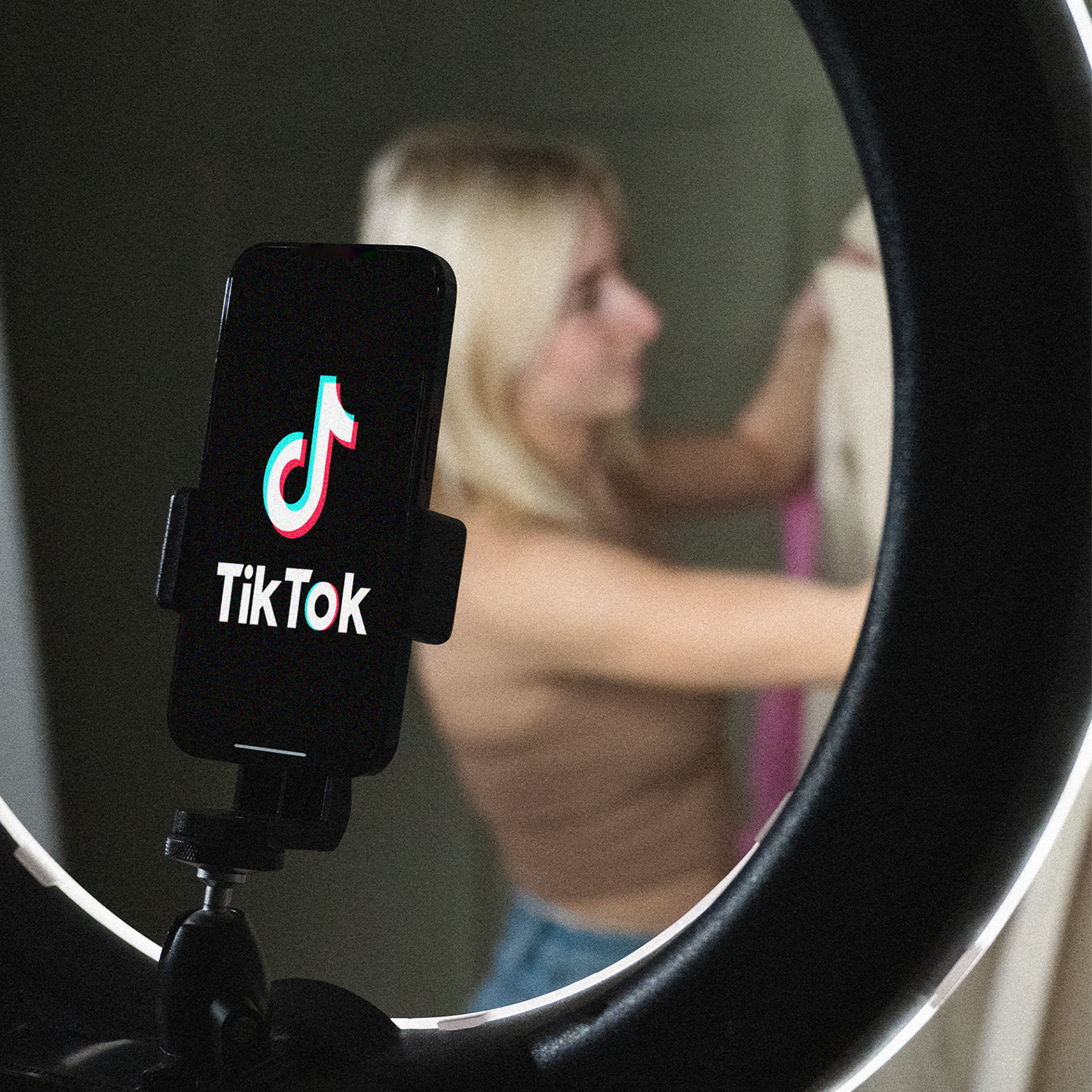The ever-increasing number of devices found in your home and on your person is being used to slowly gather data about you and how you live your life.
The growing network of gadgets, jewellery and appliances sending information between one another have undoubtedly transformed and enhanced many areas of modern life. A bracelet around your wrist can send vital statistics about your health to your doctor’s computer almost in real time. The doctor could then order you a prescription to be sent to your house within 24 hours. Even everyday appliances are interacting with us like never before. Our freezers can adjust their temperatures based on the types of food we store in them. The IoT is changing the way we eat, exercise and take care of our health – but one industry which will be the most profoundly affected is the retail sector. The shopping experience is set to be transformed by constantly-updated apps and devices that understand precisely a consumer’s tastes and preferences. Retailers will have access to far more information about their target market than ever before. How they choose to use this will be up to them.
The IoT will allow some shoppers to use algorithms to make their purchase decisions for them. It will also allow them to spend money more strategically. For example, some apps will alert you to which days the products you want to buy are on sale at cheaper prices.
Already there are data gathering apps and sites out there designed to make your shopping experiences easier and more straightforward. Stitch Fix, for example, gathers as much personal data about your previous clothing and jewellery purchases as possible and then sends you recommendations regarding which clothes to buy. Meal service apps, too, will look at your previous grocery purchases and deliver those items to your door on a repeat basis if you request the service.
This huge increase in apps that belong to the IoT will mean that more data will need to be generated by the IoT than ever before. Herein lies the challenge. If retailers want to compete realistically in an industry that is incorporating the IoT more and more, they must develop sophisticated and accurate analytics tools. They must deploy systems such as Watson that read and understand large amounts of data and then find answers to almost any question posed in human language.
Retailers are also developing apps to improve customer satisfaction in-store. A customer can simply say – or write – a question into the app to get an instant answer from a wide range of sources throughout the business. Staff can provide feedback on answers to ensure the app will always be evolving.
The Watson-based app has the ability to understand language, read and interpret vast amounts of data, and then engage a consumer by answering questions with relevant personalised responses.
This is more than about just increasing sales. Opening up a dialogue between retailer and customer allows the former to carry out some simple market research It also enhances their brand and fosters brand loyalty by assuring customers that their thoughts and feedback are appreciated. Knowing the customer is half the battle for retailers in delivering effective service. Breakthroughs in technology make this easier than ever.
The onslaught of data that awaits retailers means that the use of cognitive systems such as Watson will guarantee an easier, more profitable relationship with customers.
For the consumer, this is a golden age of retail. They are able to access goods from all over the world regardless of their location.The are able to access retailers and request feedback and information from them with more immediacy than ever. The only catch is that all this immediacy and accessibility comes with a price. They must be willing to part with their vital personal data if they are going to access a shopping experience that is tailored to meet their styles, tastes and preferences.








